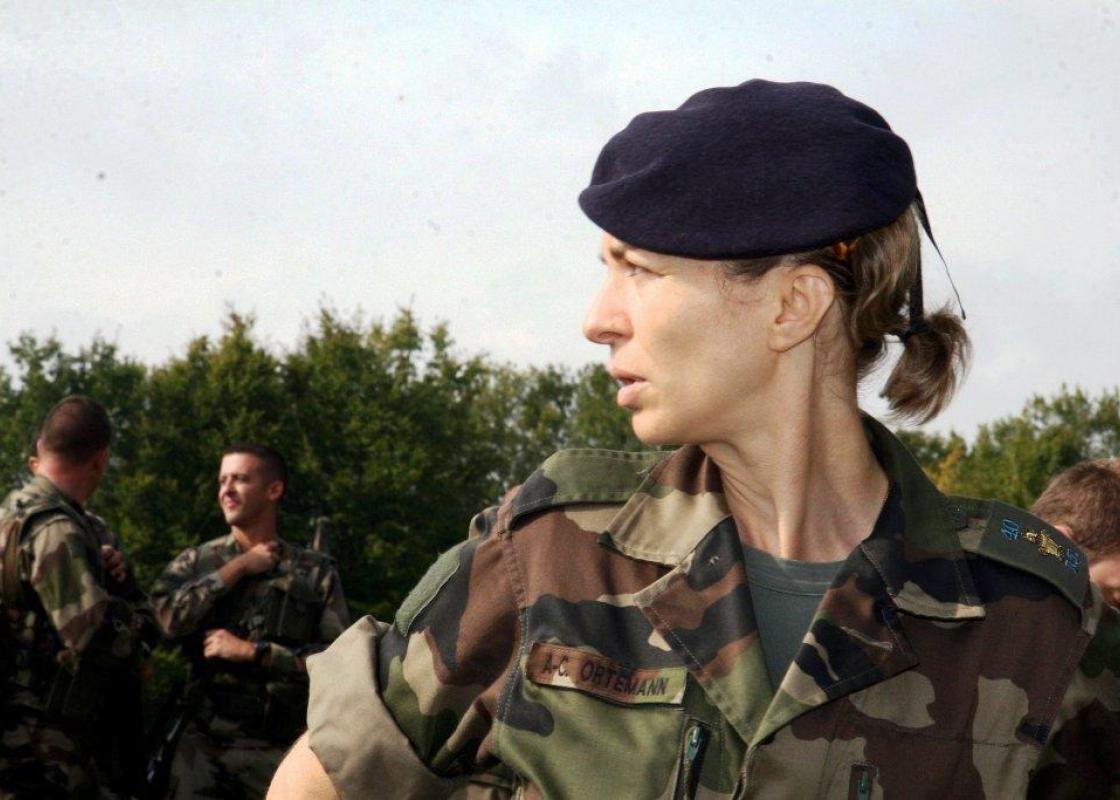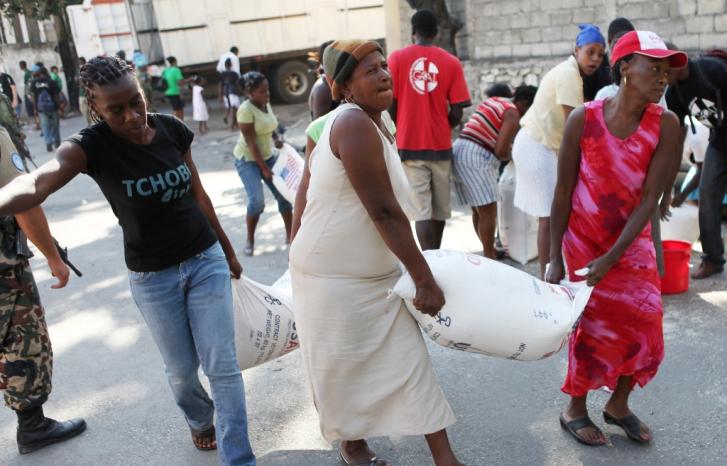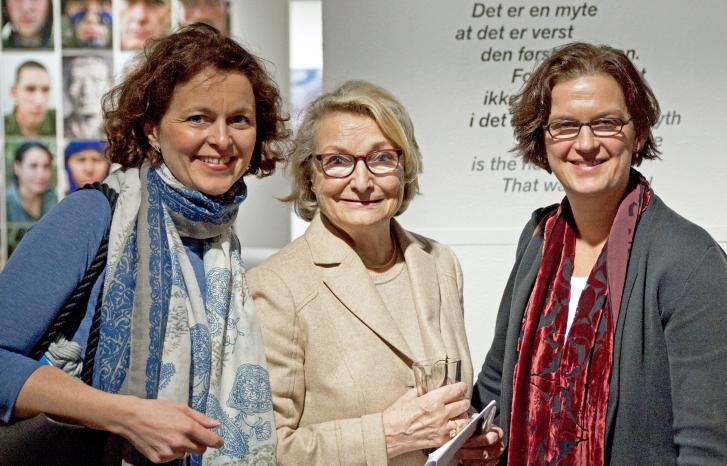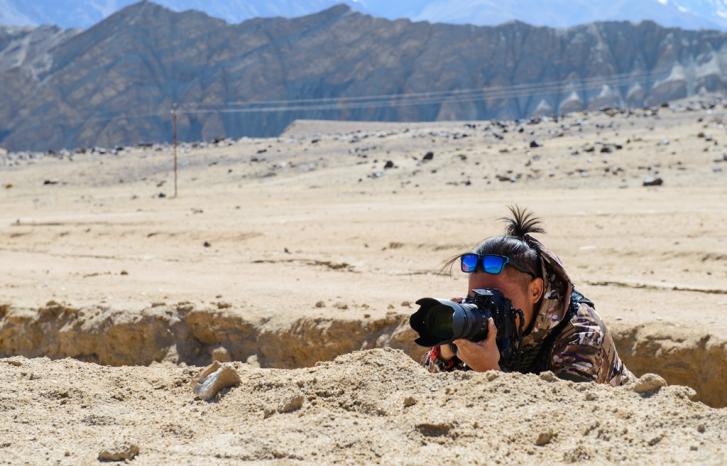“Of course it’s good to be peace-loving, a problem-solver and empathetic. So it’s hard to criticize these statements without seeming ungrateful or pedantic. But these claims are based on an imaginary figure – ‘the woman’ – without reference to the realities that actual flesh-and-blood women live under,” says Kathleen Jennings, a researcher at the Fafo Institute for Applied International Studies in Oslo.
Jennings has conducted a critical review of the key arguments for increasing women’s participation in UN peacekeeping operations. In a recently published report, she expresses her concern that many of the arguments used to advocate for more women in peacekeeping operations is based on what Jennings and her colleagues call “affirmative gender essentialisms”.
“It can feel difficult to counter the claims that women are more empathetic or better communicators than men, partly because the assertions are flattering, but also because they feel intuitively correct to many people,” says the researcher.
Women are a means, not an end
In his opening remarks at a meeting on women’s participation in police forces in 2010, UN Secretary General Ban Ki-moon stated: “Gender parity is as important here (in policing) as it is across our agenda. It is not an end in itself. It is a means to an end: greater efficiency, greater effectiveness. By empowering women within the United Nations we are not just upholding the principles for which we stand. We are making ourselves a better organization.”
According to Jennings, the affirmative gender essentialisms are linked to this kind of instrumentalist approach to women’s participation. The idea is that women must be included because they increase operational effectiveness.
For example, it is argued that women are better equipped to protect vulnerable civilians, especially other women and children, because they are more sensitive to their needs. It is also claimed that women have a crucial role to play in combating sexualized violence for several reasons: they can more easily help the victims, their presence curbs men’s tendency to commit assault, and women themselves are less likely to be perpetrators.
Another supposed advantage of women in peacekeeping forces is that they will motivate the local communities to improve gender equality and serve as role models for local women and girls. Women peacekeepers are also thought to have better relationships with the local women, which makes them privy to information that might be withheld from their male colleagues.
See also: Remember gender when crisis strikes
Easy to shut the door again

Jennings is sceptical towards this kind of argumentation. What happens if it cannot be proved that women’s participation has the advantages and effects that have been touted?
“It will be very easy for the opponents to point out that there is a lack of documentation showing that women’s participation has the alleged effects, and then use this lack of documentation as an argument to shut the door again,” she says.
The alternative is to base the arguments on gender equality and women’s participation as an end in itself.
“Using gender equality and women’s rights as an argument might be less convincing since it is based on more abstract ideas and is more difficult to sell to the sceptics. But it’s also a more robust argument,” says Jennings, who emphasizes that she thinks the instrumentalist argument for women’s participation can also be used.
“I mainly want to show the vulnerability of these arguments when they are used alone,” says Jennings.
See also: When feminism legitimizes war
Selling or selling out?
In her report, Jennings asks whether gender advisers and gender trainers, in their eagerness to “sell” gender perspectives and women’s participation, are in danger of “selling out” feminist critique of conservative gender stereotypes.
“Feminists and others who are critical of the operational effectiveness approach fear that the ends won’t justify the means. In other words, that the main effect of using affirmative gender essentialisms to sell gender perspectives is to confirm and solidify traditional and conservative stereotypes of women, which can do more harm than good in the fight for true equality between the genders,” says Jennings.
Translated by Connie Stultz
Kathleen Jennings is a researcher at the Fafo Institute for Applied International Studies in Oslo and holds an M.Phil. degree from St. Antony's College, University of Oxford. She has recently published Women’s participation in UN peacekeeping operations: agents of change or stranded symbols? and is currently working on her doctoral project on peace, poverty and development in the Democratic Republic of Congo, Sudan and Liberia.



